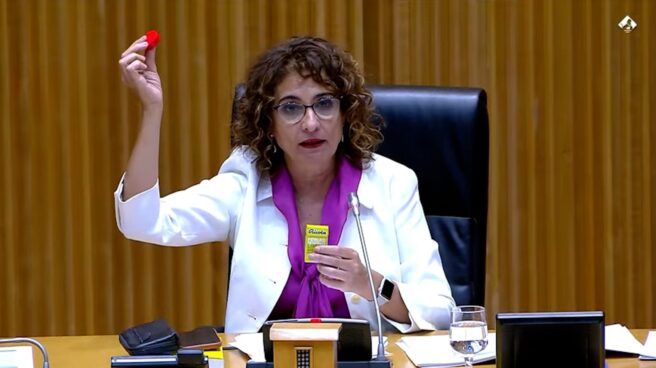

Maria Jesus Montero, Minister of Finance, during the presentation of PPGG
This week, the coalition government reached an agreement on the implementation of the overall state budget. This Thursday, Finance Minister Maria Jesus Montero tried to explain them to the media for most of the morning and part of the afternoon.
These PPGGs had many features, such as the inclusion of taxes on banking and energy, but the so-called rich tax was not included. It was at this point that Maria Jesus Montero wanted to explain, with the help of Ricola candies and Juanola tablets, the reason why this or that tax was included.
This is what the general state budget for 2023 looks like.
The general state budget for 2023 provides for, among the main fiscal innovations, a reduction in personal income tax on income to 21,000 euros, an increase in the minimum tax-free minimum to 15,000 euros and an increase in the tax on savings income from € 200,000.
In particular, from January 1 next year, the taxation of capital income in personal income tax in the amount of more than 200,000 euros will be increased by one point, to 27%, and in the case of a capital gain of more than 300,000 euros, to 28%. , two more points. With this measure, the government expects to raise 204 million euros and will affect 17,814 taxpayers.
Along with this increase in high incomes, the government will also approve personal income tax measures in favor of middle and low incomes, increasing the tax credit currently applied to incomes up to 18,000 euros to 21,000 euros. This measure will mean savings of 1,881 million euros and will benefit 50% of the taxpayers of this tax. Likewise, income from work of 15,000 euros (1,000 euros more than now) will be exempt from personal income tax.
Source: El Independiente